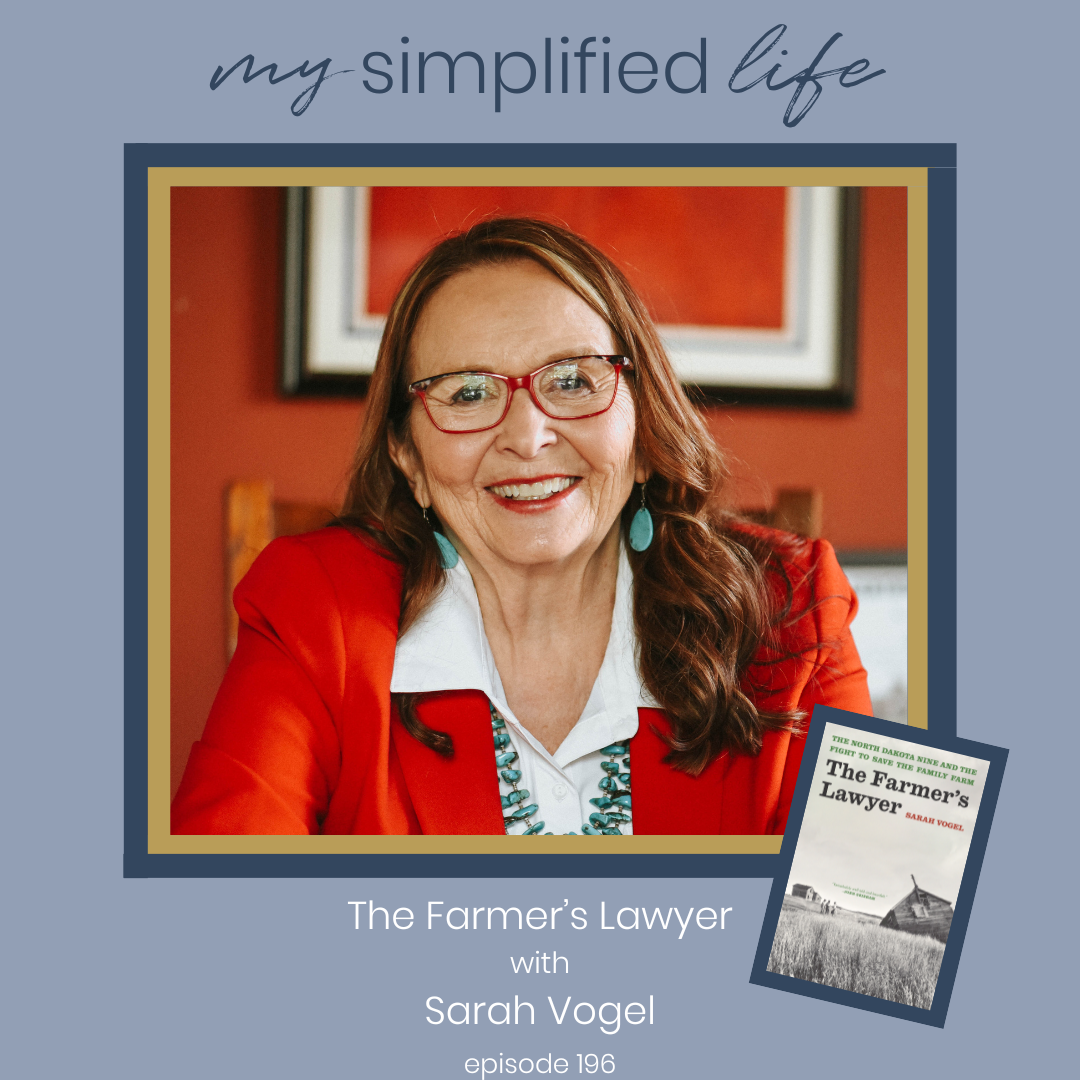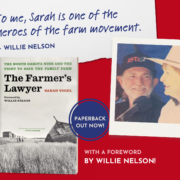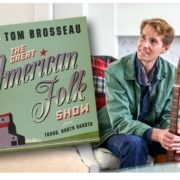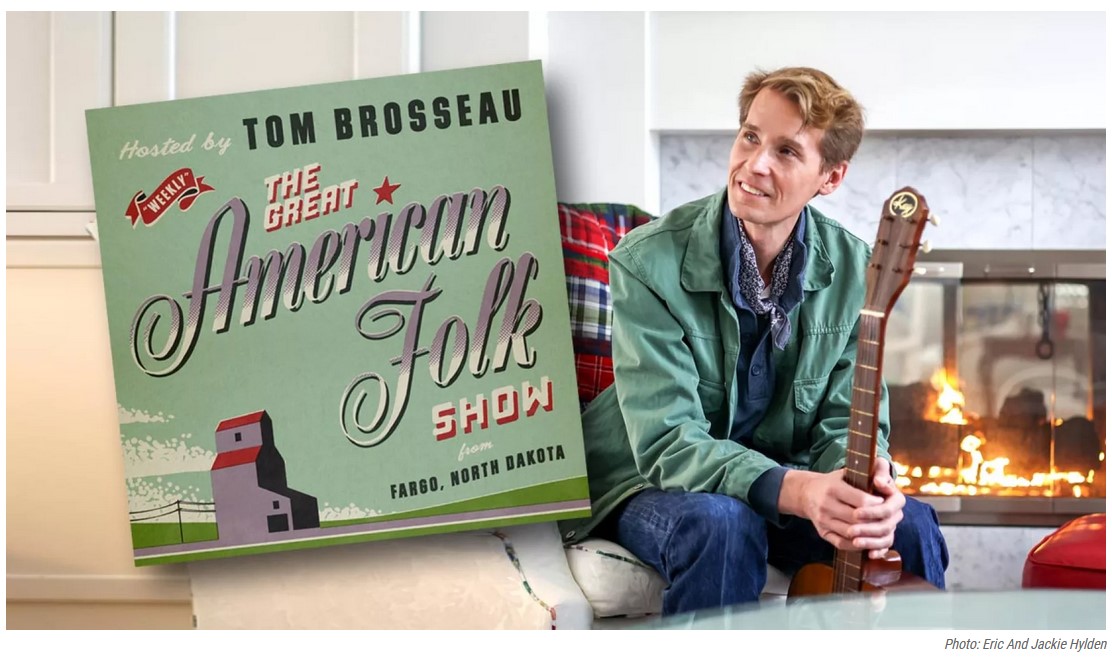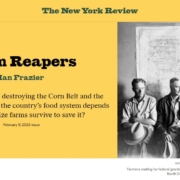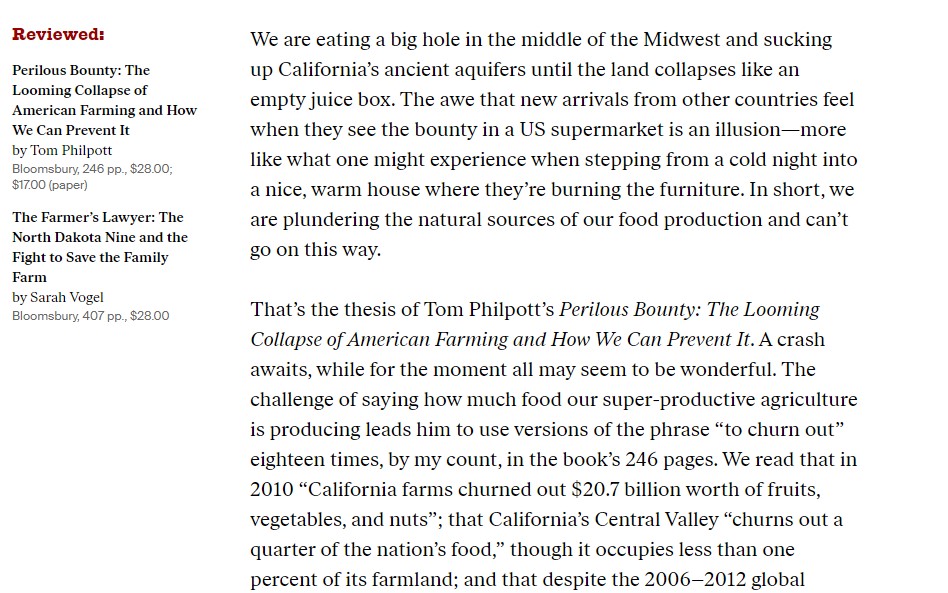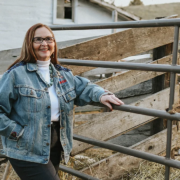I was incredibly honored to be invited to keynote the Montana Farmers Union annual conference in October. When it comes to presenting, I am a pretty harsh self critic, but the crowd’s reaction convinced me that they really liked my talk! I received nothing but effusive compliments and at the end of my talk, they even gave me a LONG standing ovation! It was so moving.
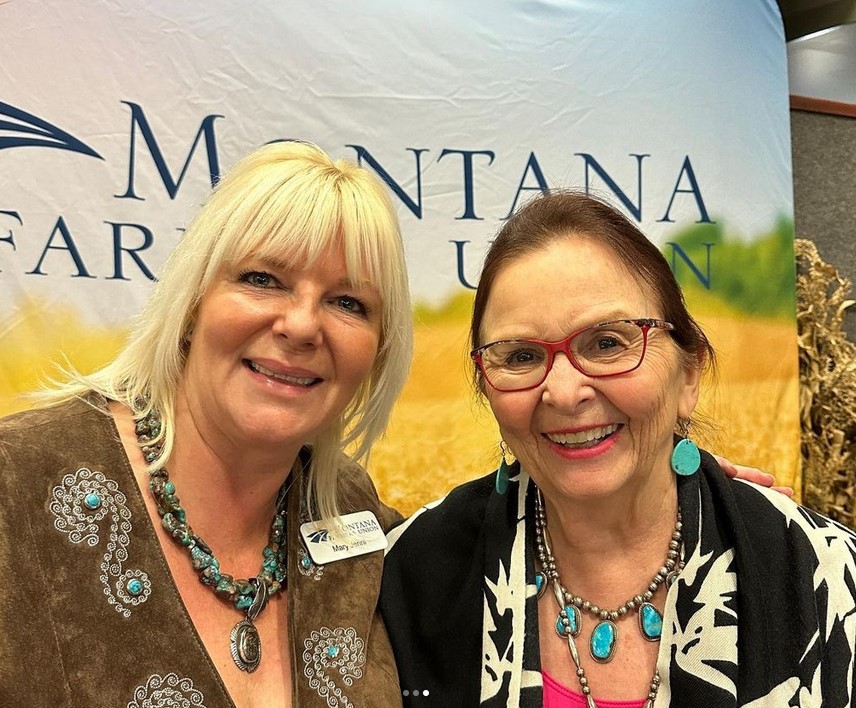 In addition to the story behind The Farmer’s Lawyer, I spoke a bit about the Nonpartisan League of Montana (1917-1919), a history of which most in the audience were unaware.
In addition to the story behind The Farmer’s Lawyer, I spoke a bit about the Nonpartisan League of Montana (1917-1919), a history of which most in the audience were unaware.
When I finished speaking, I got to meet many of Montana’s wonderful farmers, ranchers, and agriculture advocates as I signed books. I think all but a handful were sold, and I’m so grateful to the owner of a local bookstore, The Montana Book Co, who handled the sales logistics.
Some of the young Farmers Union “Ambassadors” (mostly women) asked for photos together and said they’d like to come to North Dakota to learn more about the Nonpartisan League. It was especially wonderful that Montana Farmers Union had already featured The Farmer’s Lawyer in a statewide Zoom book club so many people were already familiar with me and the book.
In summary, it was a wonderful event and three cheers for Farmers Union!!

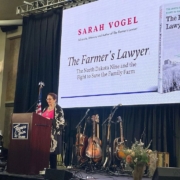
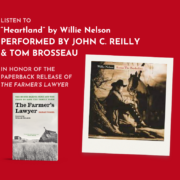
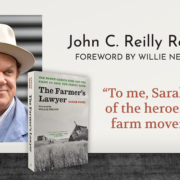 Photo of John C. Reilly by John Bauld from Toronto, Canada, CC BY 2.0
Photo of John C. Reilly by John Bauld from Toronto, Canada, CC BY 2.0 
